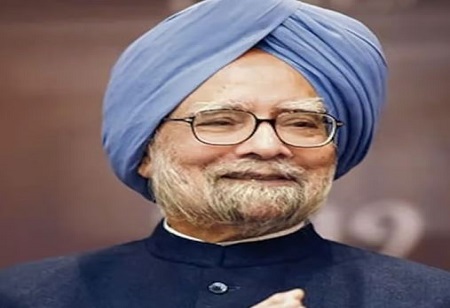India's "Reluctnant King" Former Prime Minister Manmohan Singh Passes Away

Manmohan Singh, often referred to as a "reluctant king" during his initial years as prime minister, passed away on Thursday, December 26, at the age of 92. Known for his understated demeanor, Singh served as India’s prime minister from 2004 to 2014, a decade-long tenure that established him as one of the nation’s most influential leaders. His time in office was marked by transformative economic policies that spurred unprecedented growth and lifted millions out of poverty.
As the first Sikh to hold the country’s highest political office, Singh had been battling age-related health issues in his later years. Prime Minister Narendra Modi paid tribute to him, remarking, "India mourns the loss of one of its most distinguished leaders."
Born into a modest family in what is now Pakistan, Singh’s early life was defined by determination and resilience. He studied by the dim light of candles, eventually earning a scholarship to Cambridge University, followed by a doctorate from Oxford. His academic brilliance and expertise in economics laid the foundation for a career that began far from politics, in academia and as a central bank governor. Unexpectedly, he was thrust into the political arena in 1991 when he was appointed as India’s finance minister. During a period of economic crisis, Singh introduced landmark reforms, including deregulation and global market integration, which revitalized the Indian economy and set it on a path toward modernization.
Singh’s ascension to the prime ministerial role in 2004 was equally unexpected. Following a surprising electoral victory, Congress Party leader Sonia Gandhi chose Singh to lead the government, citing concerns over her foreign origins potentially becoming a political flashpoint. Despite being perceived as a reserved technocrat, Singh’s tenure as prime minister proved to be a turning point for India’s economy and its standing on the global stage.
Singh will be remembered as a leader who preferred action over rhetoric, with a legacy defined by profound economic and social changes that redefined India’s future. His contributions solidified his place in history as a transformative figure in the nation’s political and economic landscape.

